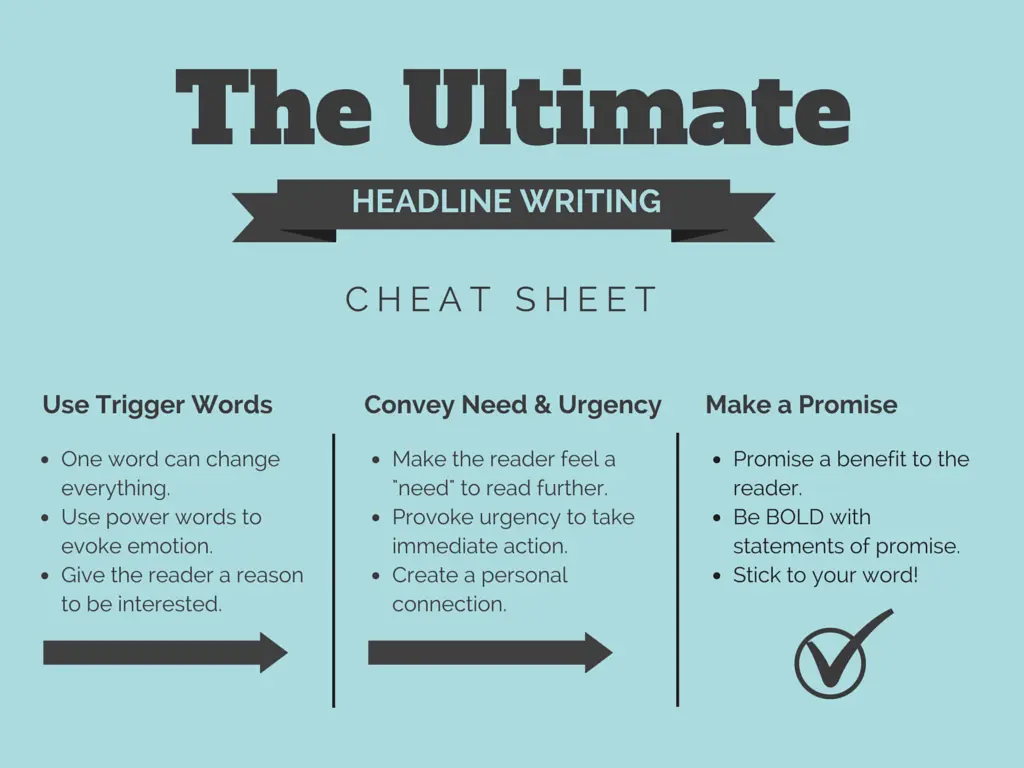Concept Background:
Content writing is the practice of producing content that engages, motivates, and potentially converts a specific target audience. Around 87% of marketers use the content for direct prospects through the different stages of the digital marketing sales funnel. Each component of the customer journey requires a different approach to content.
Concept Details:
1. Always do your research
Research is important for content for a variety of reasons. First, you need to conduct research to determine who you’re writing for. The best content writers cultivate a specific voice to speak to a certain audience. The more you understand your customer, the more you can connect with that person on an emotional level – generating conversions. It’s also important to research any information you’re going to be writing about. Factual, credible information is key in content production, even if the content you’re writing is primarily for entertainment purposes. Studies show if a brand generates fake content about products or services, around 59% of customers will stop buying from this company immediately.
To make your content as compelling as possible, research:
- Your subject matter: Learn as much as you can about the topic and use references to reputable sources to give your work credibility.
- Customers: Know your audience. Building buyer personas and understanding how customers respond to different content at various stages in the consumer journey will improve conversions on a significant scale.
- Competitors: Understanding what your competitors are producing in terms of content will give you some valuable inspiration. It also helps when you’re trying to make your content unique from what’s already available on the market.
2. Master the key components of content
Every piece of content is constructed with a series of different elements. For written content, certain components are more important to capturing and converting customers than others. For instance, you’ll need:
Head-turning headlines: Headlines determine whether your audience will bother reading the rest of the article, eBook, or any other content you produce. If your headline isn’t engaging, readers will just hit the back button. Engaging headlines are thought-provoking and interesting.

Try techniques like using numbers to demonstrate authority, such as “98% of marketers say…”, or asking questions: “Do you know these email marketing tricks?”
A compelling hook: You only have a matter of seconds to keep readers engaged after they’ve read your headline. The first sentence or two is also crucial in keeping your audience’s attention. Make sure you get this first section right.
Stay clear and focused: Don’t confuse your audience with a hundred different ideas in one piece of content. Focus on a specific topic and concentrate on giving your customers plenty of actionable advice to walk away with. Remember, use a tone of voice specific to your target audience and the persona you’re writing for. This will help to make your content more compelling to the right people.
3. Edit and optimize everything you write
Finally, great content takes work. Most content writers don’t publish the first version of the piece they write. Taking the time to read through every eBook or article is crucial. Remember any grammatical error or unusual sentence can confuse your audience and send them running in the opposite direction. Often, it’s helpful to have a separate proofreader on hand when creating content, because they’ll be able to examine your work from an objective perspective and spot things you’ve missed. Other ways to enhance your work include:
Checking for content SEO: Have you used keywords naturally and organically throughout the post? Are there internal links for page connections on your site, and external links for credibility? Have you optimized your H1 tag, meta tags, headlines, and title tags?
Examining readability: Is your content divided into logical segments? Have you got subheadings to guide your reader, short paragraphs, and plenty of bullet points? Keep everything as clean as possible to improve readability.
Looking at relevancy: Is every part of your content as relevant as it should be? Can you remove anything which isn’t going to be useful to your audience?
Concept Assessment:
Should You Become a Content Writer?
Content writing can be a highly engaging and satisfying job role for many people. It’s an exciting career, with plenty of opportunities to be creative work with new people, and develop your skills. However, it also requires significant dedication and hard work. If you have a way with words, and you know how to produce content that speaks to people, a content writing position could be ideal for you.